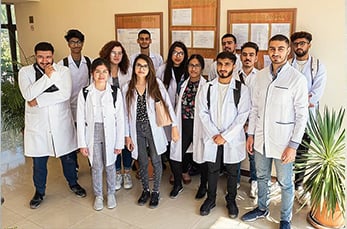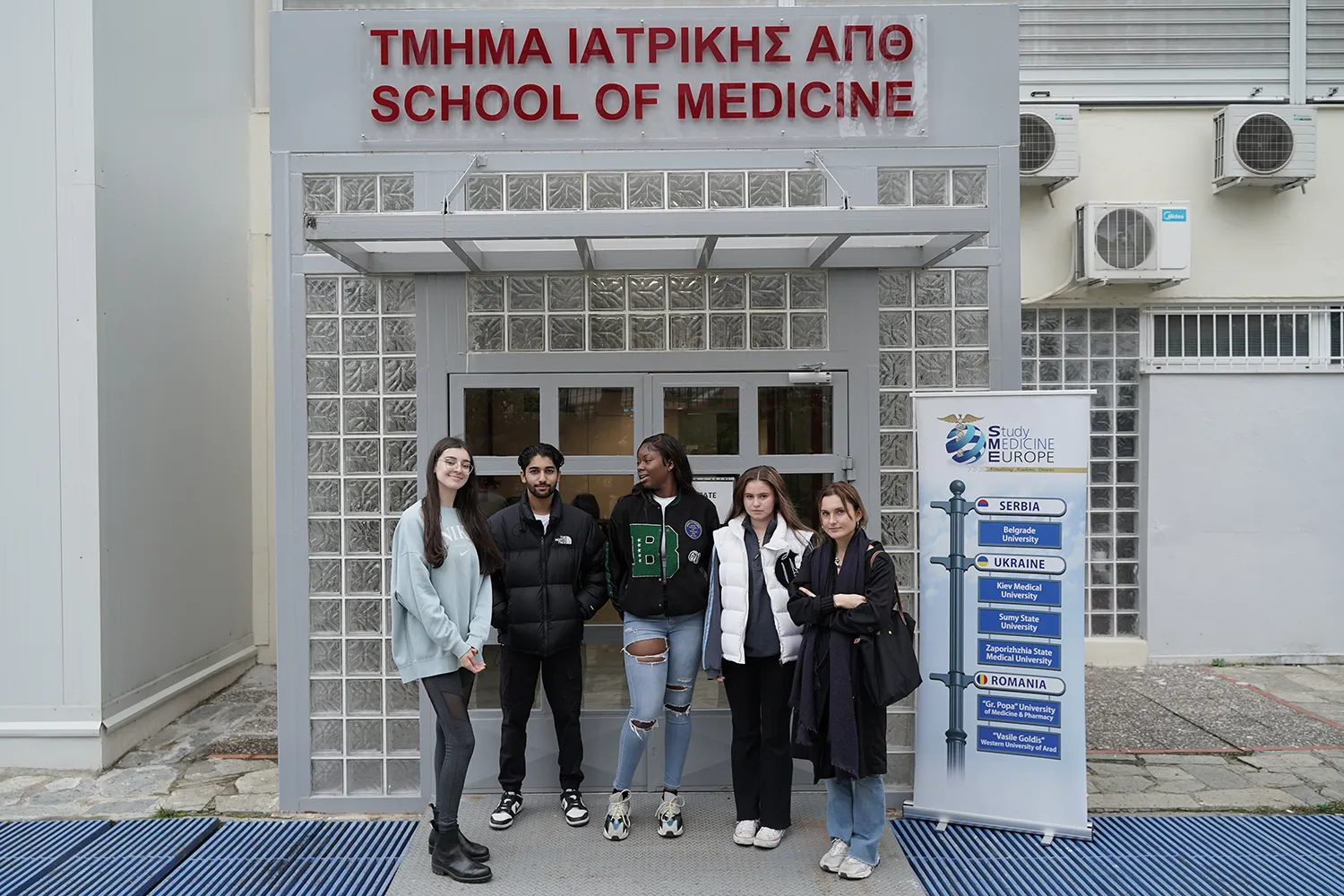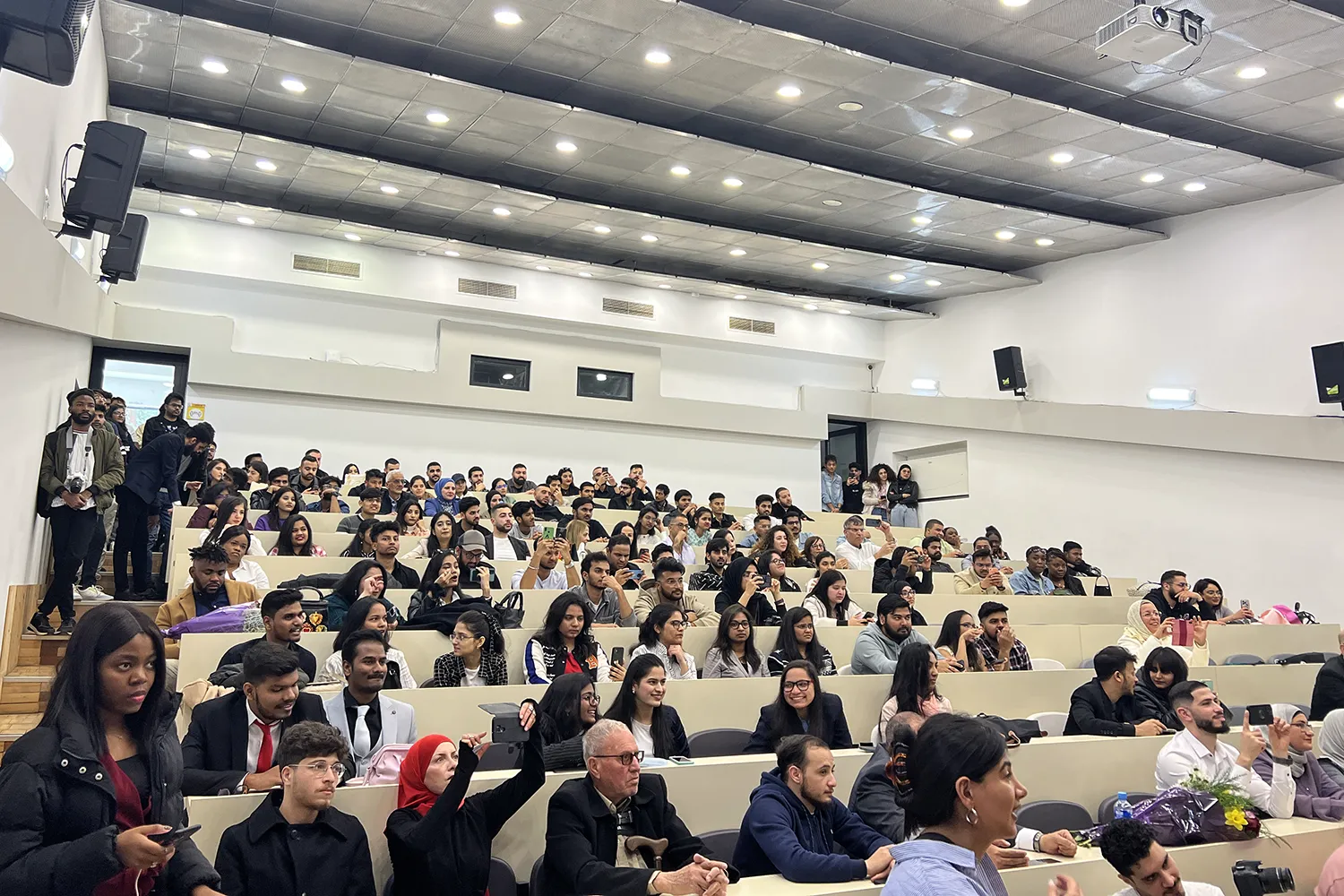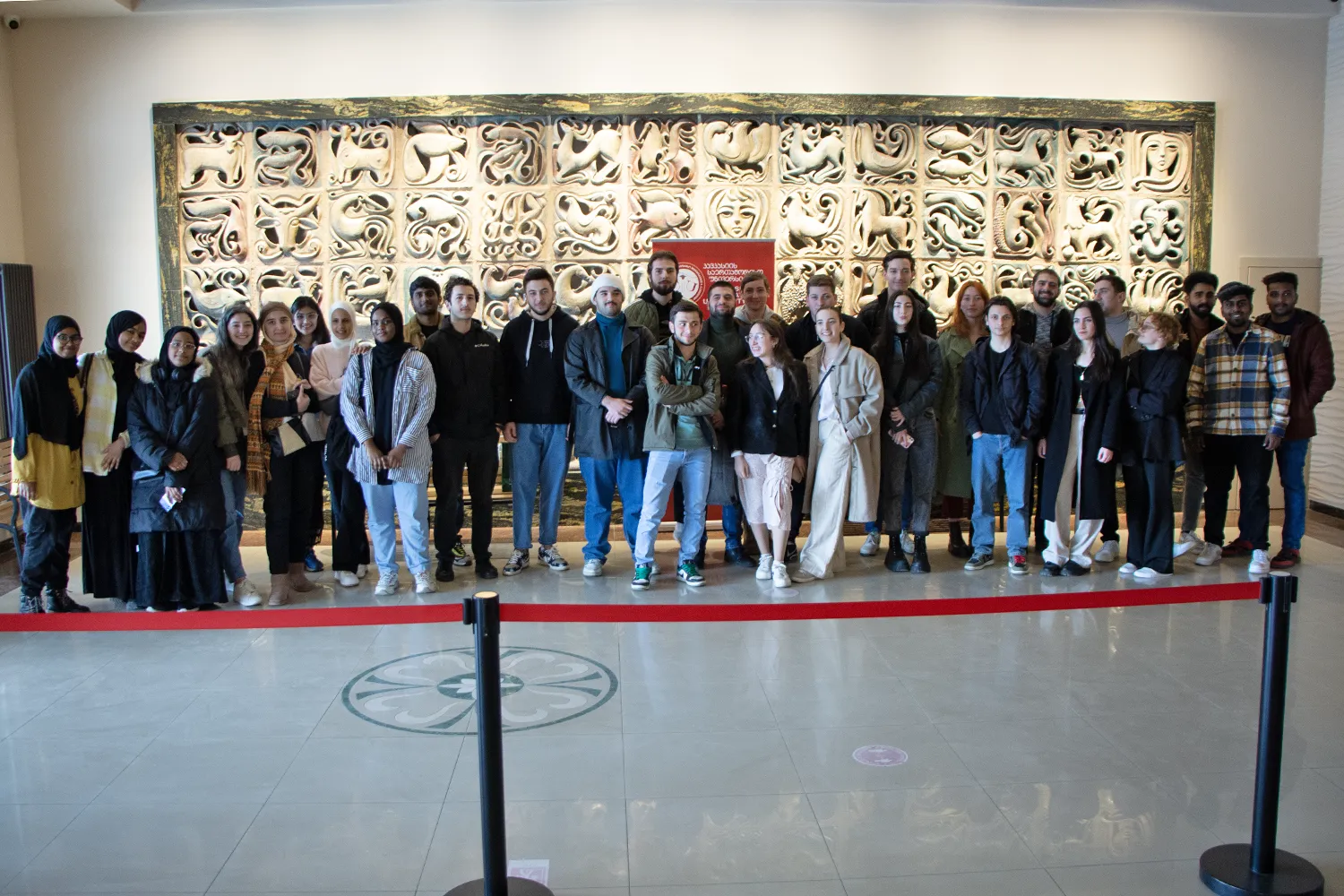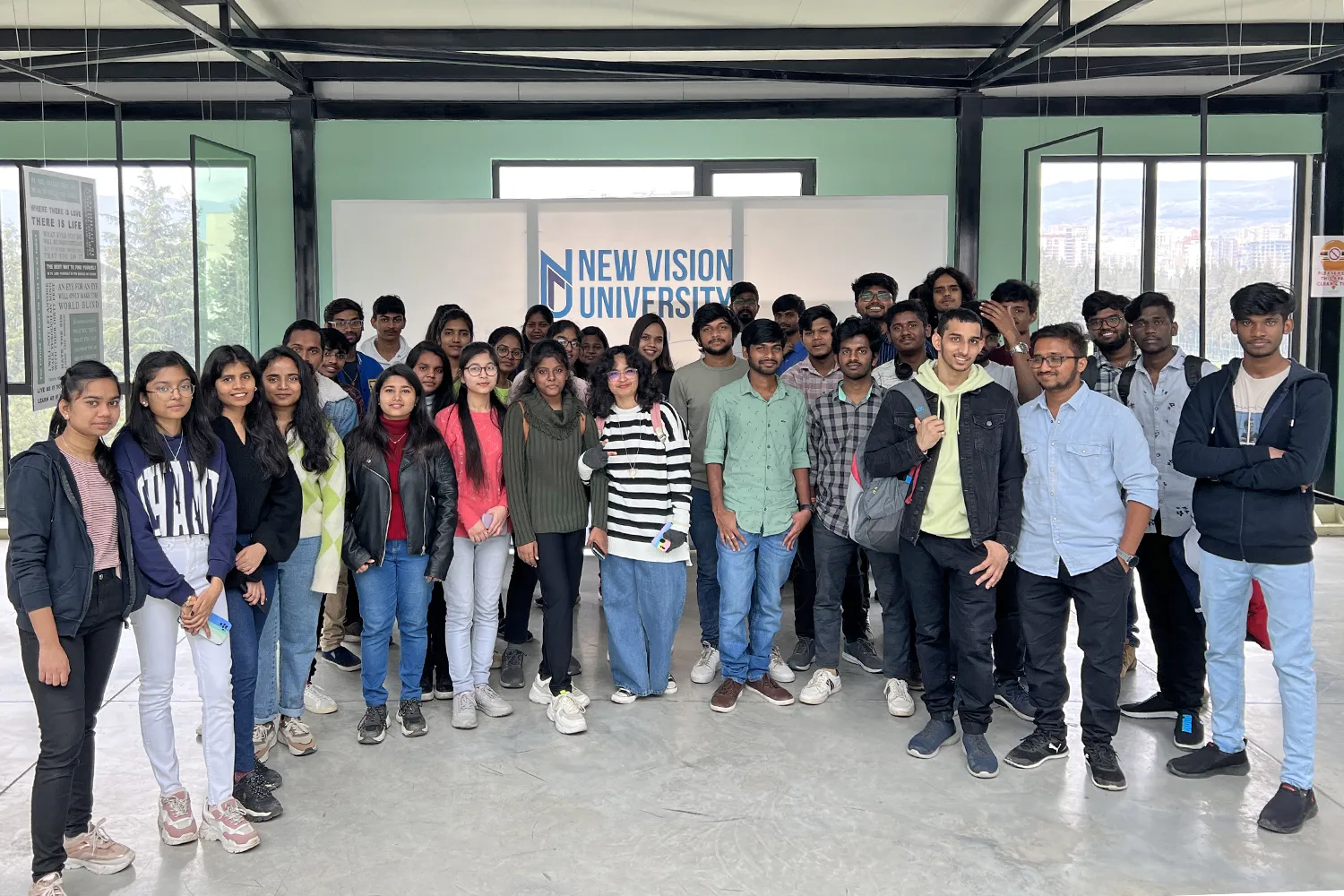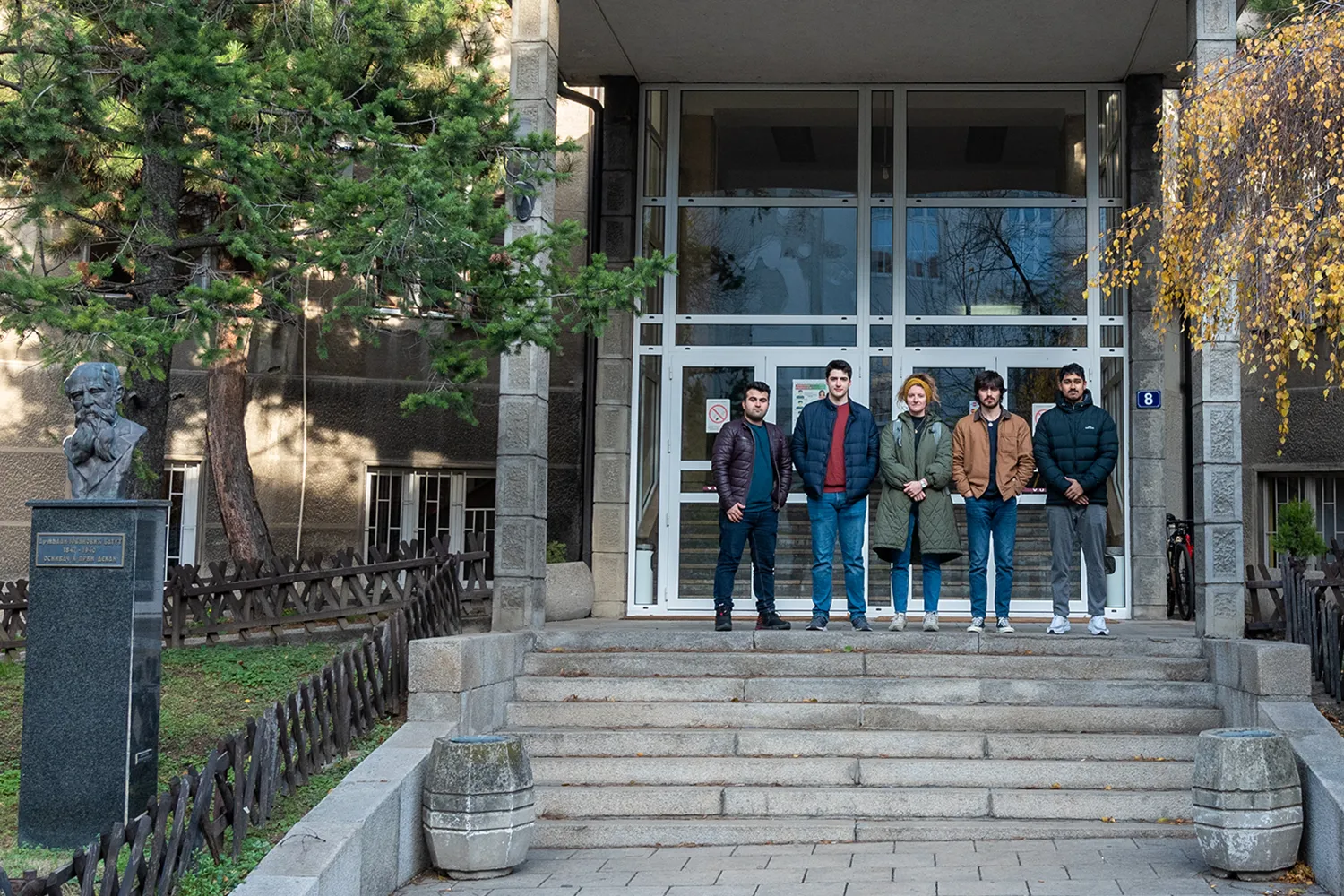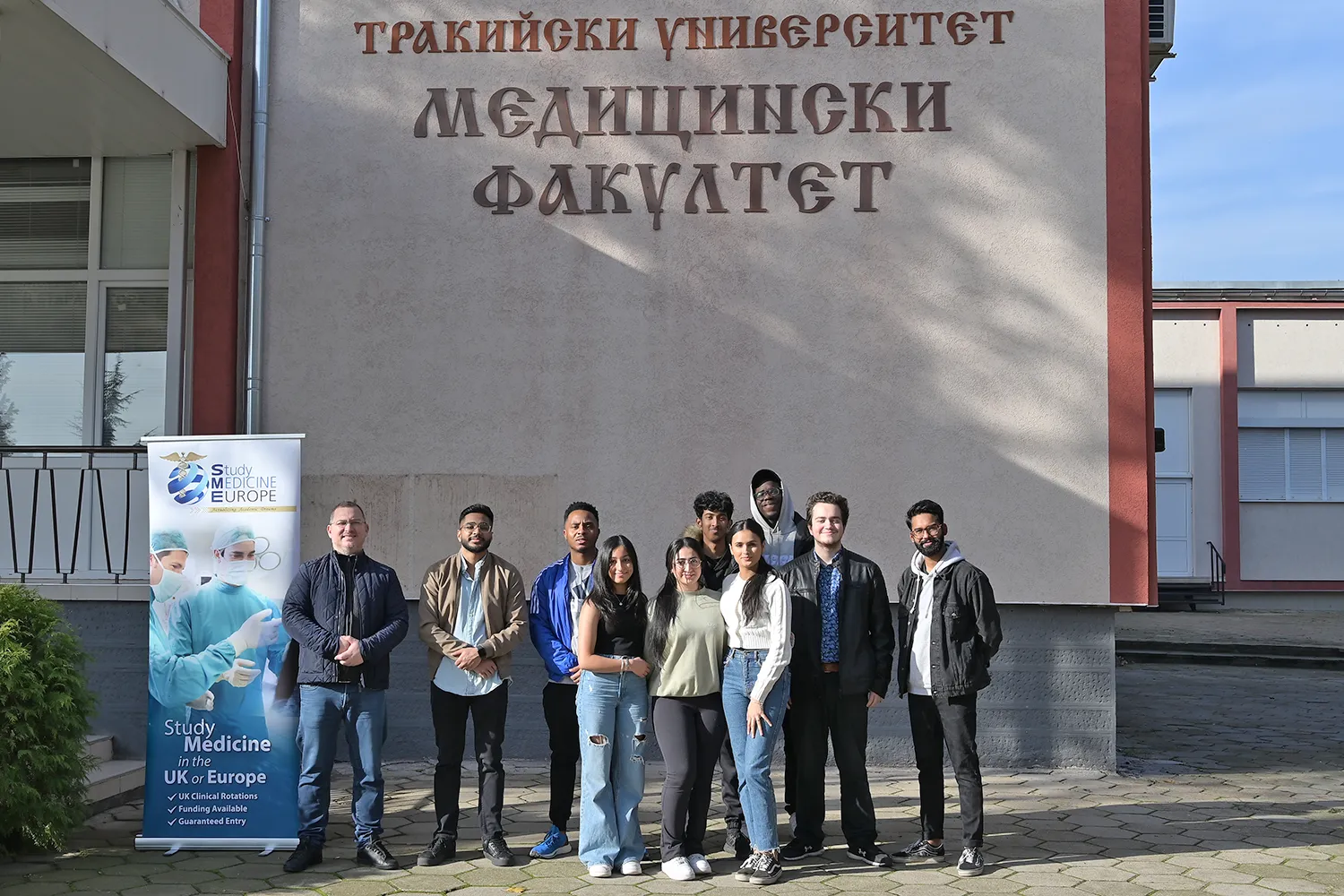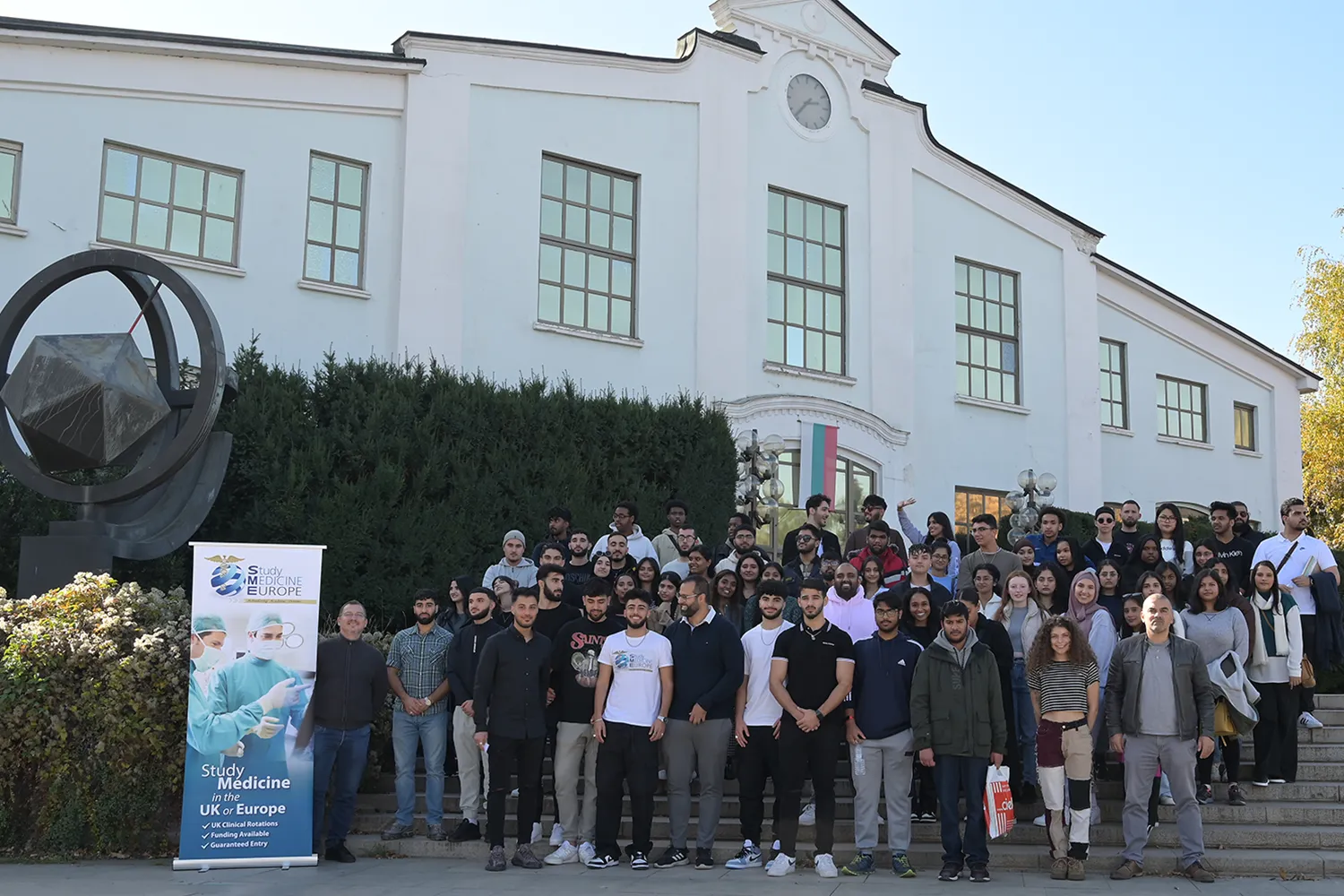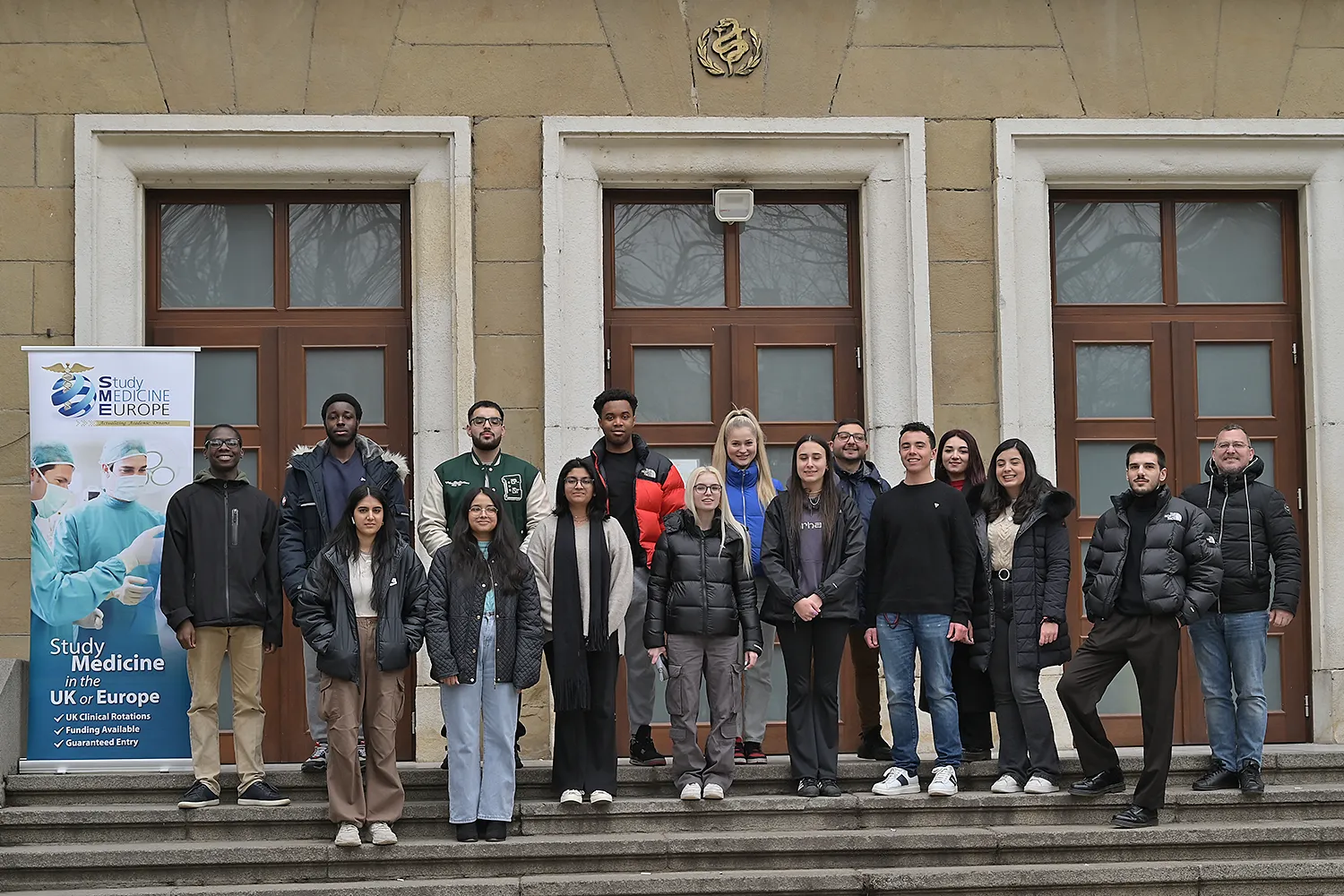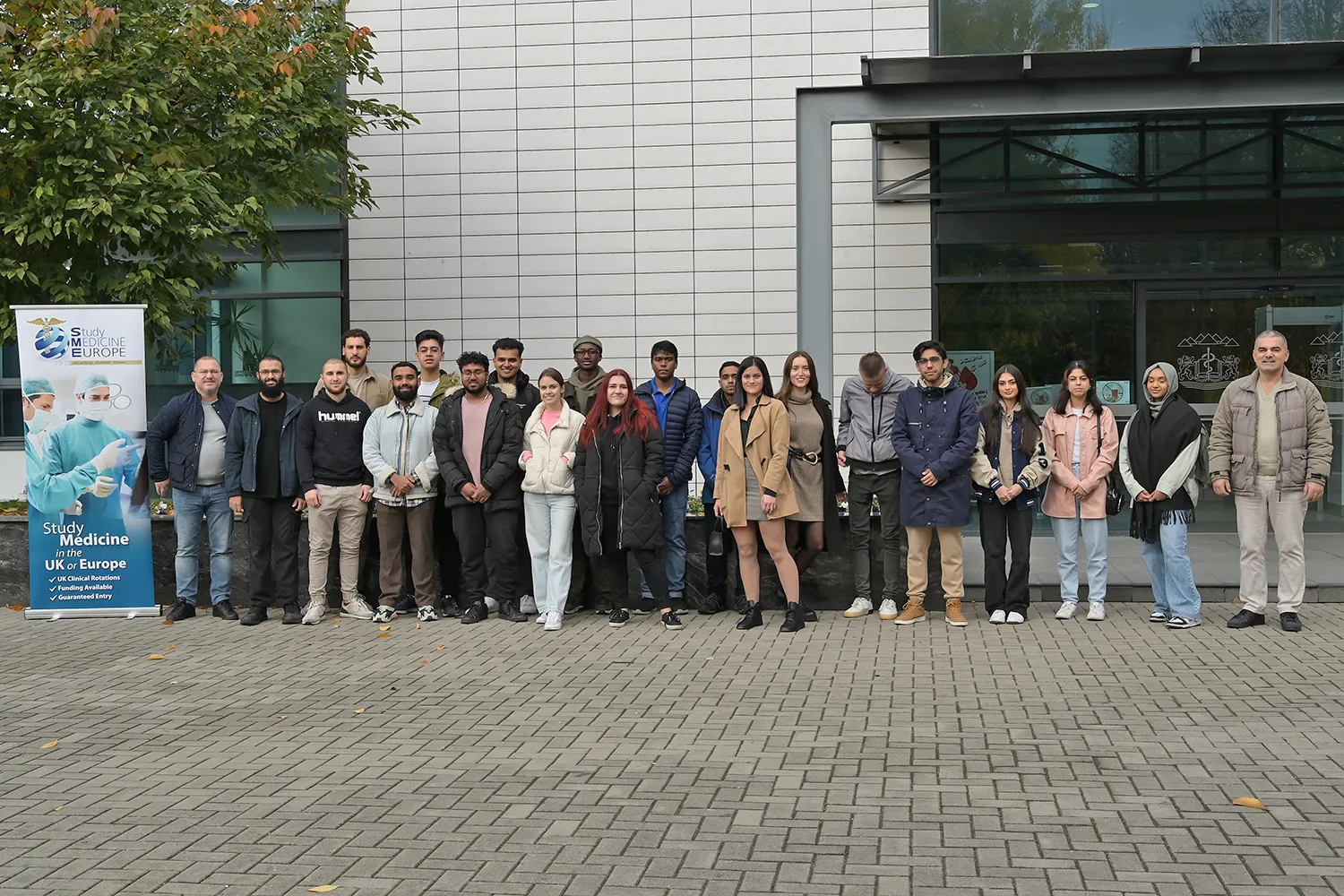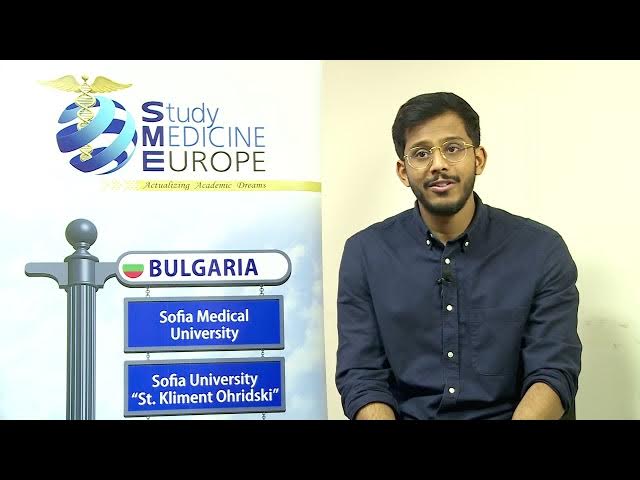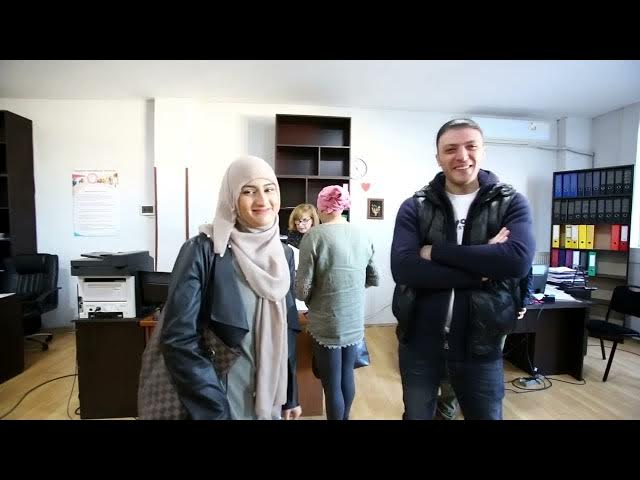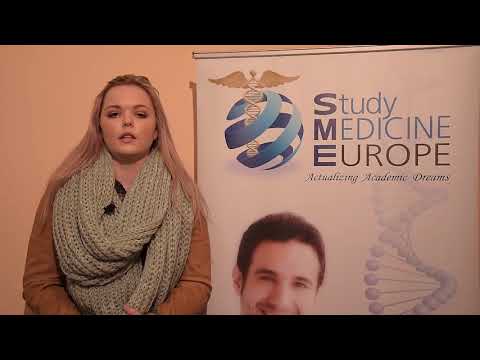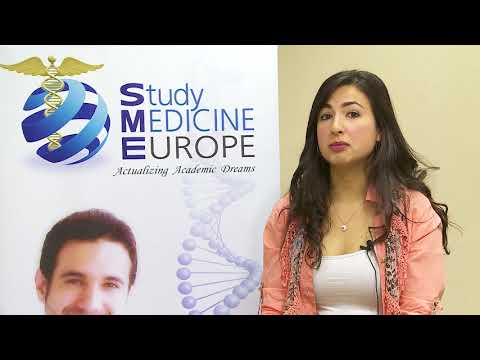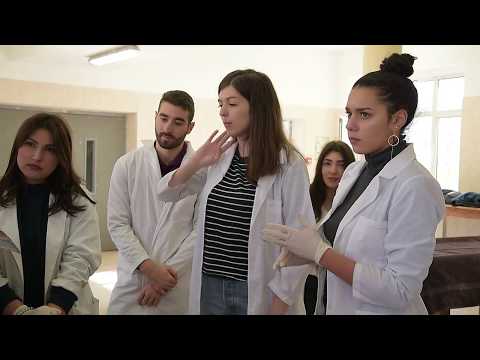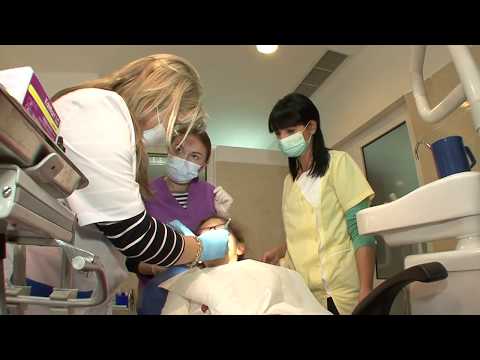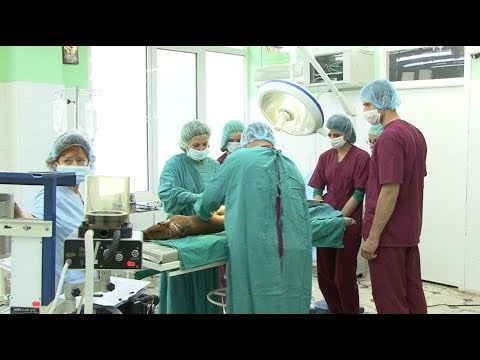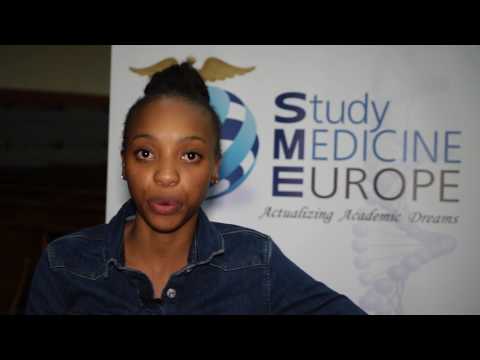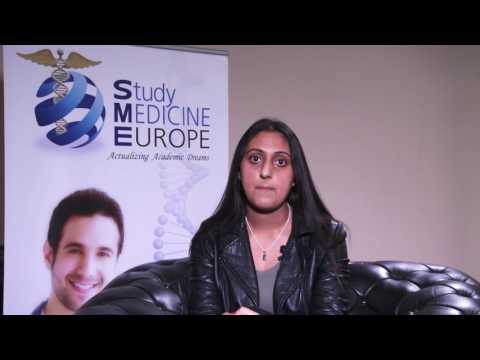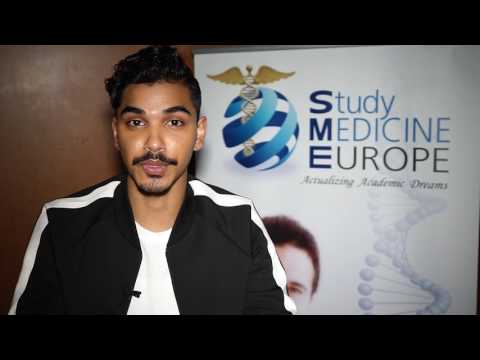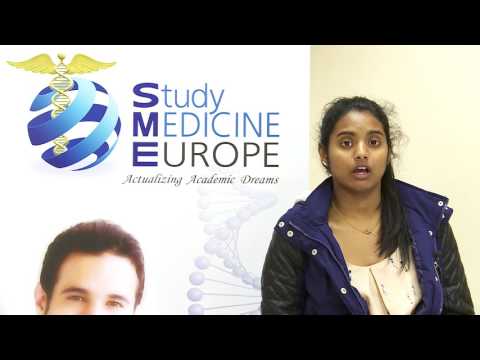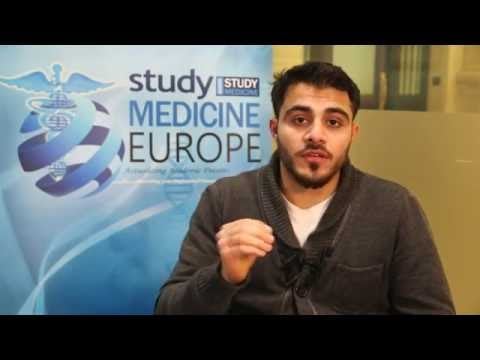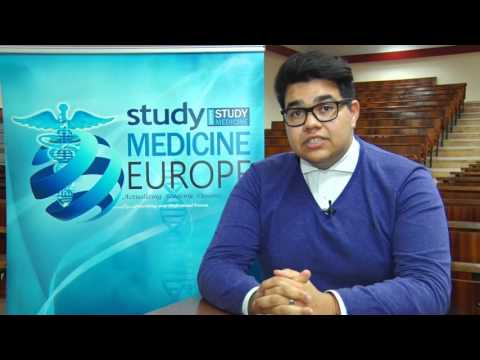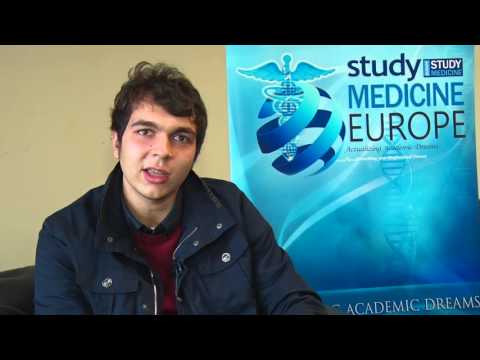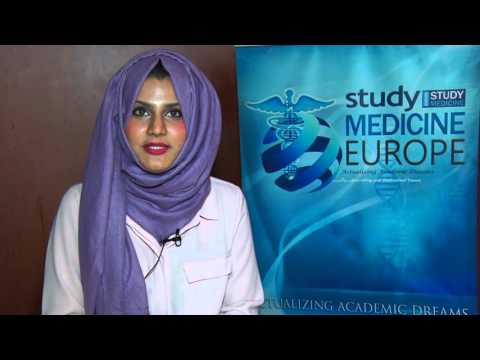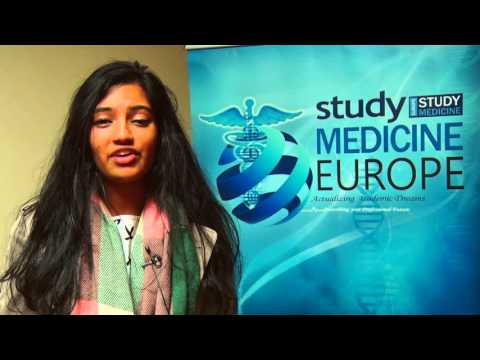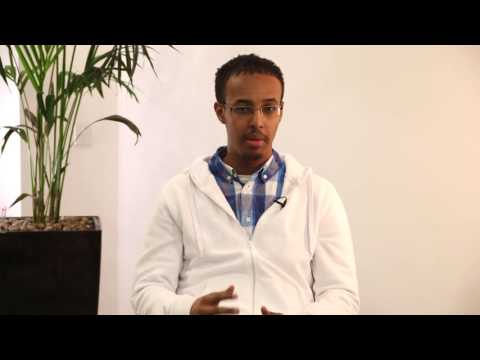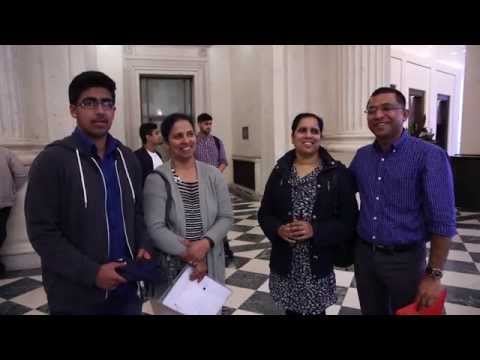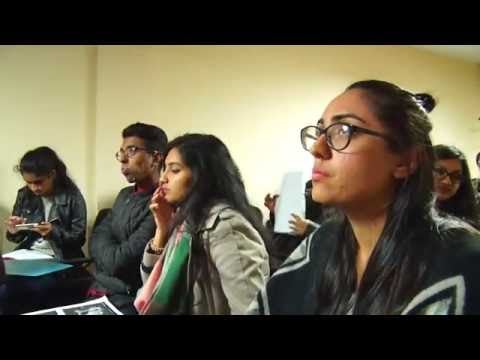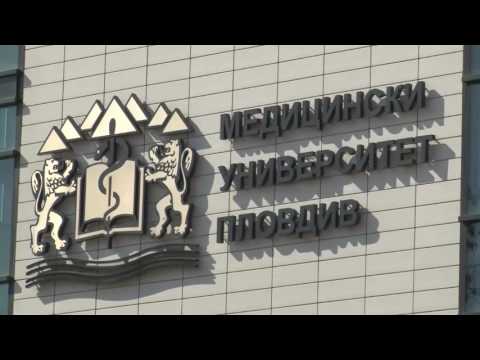Romanian universities offering Veterinary Medicine programmes uphold world-class education standards and are highly accredited. Accordingly, graduates hold a global qualification and practise veterinary medicine all over the world. During the programme, students undertake pre-clinical modules along with clinical training, work experience, practical skill development, and internships.
How Many Years do Students Study Veterinary Medicine in Romania for
Veterinary studies in Romania typically last 6 years. The first 3 years are oriented more towards preclinical training and the remaining 3 years of clinical training focus more on medical training practise, which usually takes place in the summer at the end of each academic year for a minimum of 14 working days. At the end of the programme, graduates are awarded the title of Doctor of Veterinary Medicine (DVM). Courses of the Medical Schools in Romania are taught in English or French, depending on candidate preference.What is the Veterinary Medicine Curriculum for Study in Romania
| I YEAR | ||
|---|---|---|
| No | Subject | ECTS Credits |
| 1. | Animal biology and ecology | 4 |
| 2. | Vegetal biology | 3 |
| 3. | Physics / biophysics | 4 |
| 4. | Comparative anatomy I | 5 |
| 5. | Comparative anatomy II | 5 |
| 6. | Chemistry / Biochemistry I | 6 |
| 7. | Chemistry / Biochemistry II | 5 |
| 8. | Biomathematics and computer sciences | 1 |
| 9. | Cell biology | 2 |
| 10. | Histology and embryology I | 5 |
| 11. | Genetics | 4 |
| 12. | Agronomy | 1 |
| 13. | Communication techniques | 1 |
| 14. | Career development | 2 |
| 15. | Physical training I | 1 |
| 16. | Physical training II | 1 |
| 17. | Romanian language and culture I | 3 |
| 18. | Romanian language and culture II | 3 |
| 19. | Summer Practice | 4 |
| II YEAR | ||
|---|---|---|
| No | Subject | ECTS Credits |
| 1. | Comparative anatomy III | 4 |
| 2. | Comparative anatomy IV | 4 |
| 3. | Physiology I | 4 |
| 4. | Physiology II | 4 |
| 5. | Histology and embryology II | 4 |
| 6. | Biochemistry / Molecular Biology | 3 |
| 7. | Biochemistry of the tisular metabolism | 2 |
| 8. | Animal breeding | 3 |
| 9. | Animal production systems I | 4 |
| 10. | Nutrition, feeding, fodder quality control I | 4 |
| 11. | Nutrition, feeding, fodder quality control II | 4 |
| 12. | Microbiology I | 4 |
| 13. | Microbiology II | 4 |
| 14. | Animal hygiene and environment protection | 5 |
| 15. | Romanian language and culture III | 1 |
| 16. | Summer Practice | 4 |
| 17. | Electives | 3 |
| III YEAR | ||
|---|---|---|
| No | Subject | ECTS Credits |
| 1. | Ethology, animal welfare and protection | 4 |
| 2. | Epidemiology I | 3 |
| 3. | Immunology | 4 |
| 4. | Parasitology and parasitic diseases I | 4 |
| 5. | Pharmacology and pharmacy I | 4 |
| 6. | Pharmacology and pharmacy II | 4 |
| 7. | Pathological anatomy I | 4 |
| 8. | Pathological anatomy II | 5 |
| 9. | Pathophysiology I | 4 |
| 10. | Pathophysiology II | 3 |
| 11. | Propaedeutics and surgical techniques I | 3 |
| 12. | Anestesiology and resuscitative therapy | 2 |
| 13. | Semiology I | 3 |
| 14. | Semiology II | 4 |
| 15. | Animal production systems II | 3 |
| 16. | Summer Practice | 4 |
| 17. | Electives | 2 |
| IV YEAR | ||
|---|---|---|
| No | Subject | ECTS Credits |
| 1. | Parasitology and parasitic diseases II | 3 |
| 2. | Parasitology and parasitic diseases III | 3 |
| 3. | Propaedeutics and surgical techniques II | 3 |
| 4. | Internal medicine and pathology I | 4 |
| 5. | Internal medicine and pathology II | 4 |
| 6. | Surgical clinics and pathology I | 4 |
| 7. | Infectious diseases I | 4 |
| 8. | Infectious diseases II | 4 |
| 9. | Physiology of the reproduction | 3 |
| 10. | Veterinary obstetrics | 4 |
| 11 | Food hygiene, quality and technology I | 4 |
| 12. | Food hygiene, quality and technology II | 4 |
| 13. | Medical imaging | 4 |
| 14. | Medical statistics | 2 |
| 15. | Veterinary toxicology 1 | 3 |
| 16. | Summer Practice | 4 |
| 17. | Electives | 3 |
| V YEAR | ||
|---|---|---|
| No | Subject | ECTS Credits |
| 1. | Internal medicine and pathology III | 4 |
| 2. | Internal medicine and pathology IV | 5 |
| 3. | Surgical clinics and pathology II | 4 |
| 4. | Surgical clinics and pathology III | 4 |
| 5. | Infectious diseases III | 4 |
| 6. | Infectious diseases IV | 4 |
| 7. | Pathology of reproduction I | 4 |
| 8. | Pathology of reproduction II | 4 |
| 9. | Inspection and control of animal foods and products I | 4 |
| 10. | Inspection and control of animal foods and products II | 4 |
| 11. | Veterinary dermatology | 4 |
| 12. | Communication | 2 |
| 13. | Fish breeding and pathology | 2 |
| 14. | Veterinary toxicology II | 4 |
| 15. | Summer Practice | 4 |
| 16. | Electives | 2 |
| VI YEAR | ||
|---|---|---|
| No | Subject | ECTS Credits |
| 1. | Veterinary legislation | 2 |
| 2. | Preventive medicine II | 1 |
| 3. | Necropsy and forensic medicine I | 3 |
| 4. | Clinical laboratory | 2 |
| 5. | Nutritional and metabolic diseases | 3 |
| 6. | Necropsy and forensic medicine II | 3 |
| 7. | Public veterinary health | 3 |
| 8. | Rural economy | 2 |
| 9. | Veterinary management and marketing | 2 |
| 10. | Clinics- pets | 10 |
| 11. | Clinics- equine | 9 |
| 12. | Clinics- ruminants | 10 |
| 13. | Clinics- swine | 3 |
| 14. | Clinics- aviary and leporids | 3 |
| 15. | Veterinary deonthology and ethics | 1 |
| 16. | Practical Work in veterinary units | 2 |
| 17. | Electives | 2 |
| 18. | Graduation Thesis | 2 |
What are the Clinical Settings for Students that Study Veterinary Medicine in Romania
Clinical rotations for veterinary medicine programmes at Romanian universities are studied to develop clinical skills and achieve practical professional development. Subsequently students complete clinical rotations at affiliated facilities, veterinary hospitals and clinics, and in specialist animal service centres.Watch Our Videos
Real Success StoriesOpen DaysEntry ExamsNetworking Events
Reviews
+ 2023
2023
+ 2022
2022
+ 2021
2021
+ 2020
2020
+ 2019
2019
+ 2018
2018
+ 2017
2017
+ 2016
2016
+ 2015
2015
+ 2014
2014









